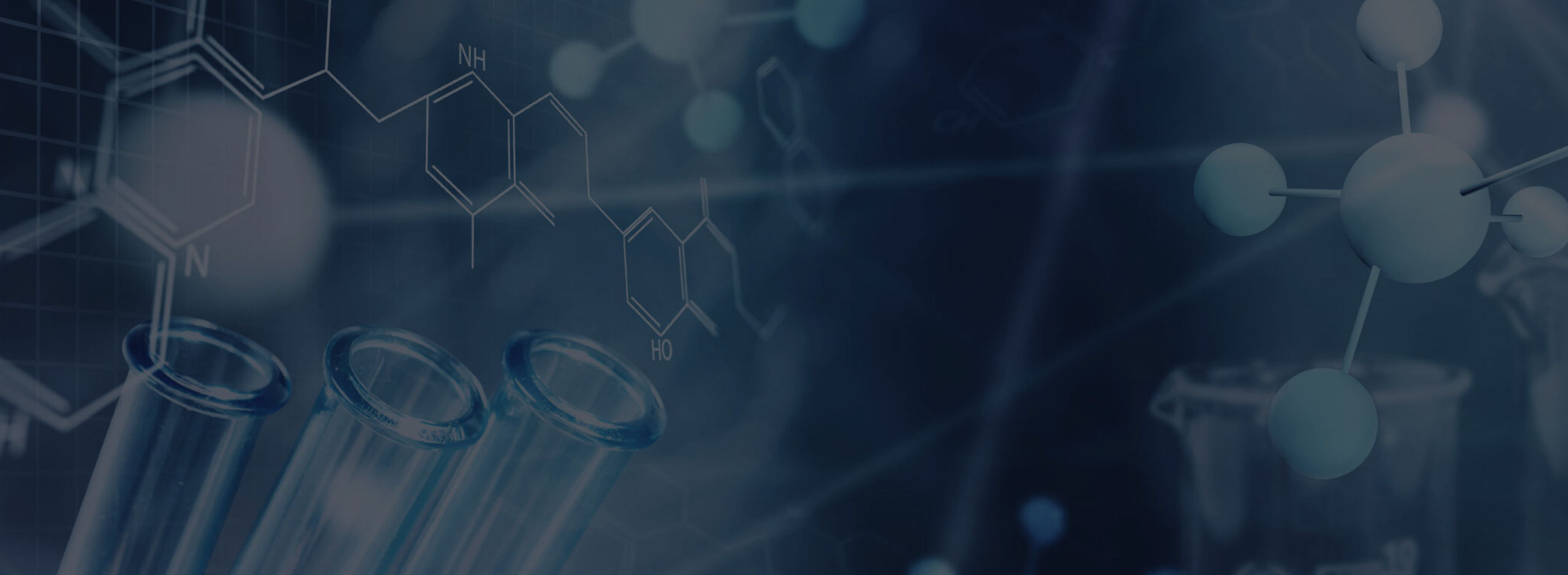Immunotoxicity represents a significant challenge to drug development programs across all therapeutic modalities, and sees a 10-20% failure rate in clinical trials. The risk of unwanted immunogenicity is traditionally associated with biologics, however in rare cases small molecules can become immunogenic following haptenation or direct activation of the innate immune system via receptor engagement. In vitro assays which support the prediction and detection of immunotoxicity, immunogenicity or off-target binding early in the drug development process, such as cytokine release assays (CRA), T cell activation assays or the Retrogenix® Cell Microarray enable rapid selection of both safe and effective therapeutics. For particularly potent molecules which exhibit liabilities, these platforms provide a modality-agnostic means to sequentially refine chemical families, biologics or other advanced modalities and select those which retain potency in combination with reduced liability.
The Retrogenix® Cell Microarray platform is a powerful multi-modality solution for in vitro off-target screening, receptor identification and target deconvolution. This technology identifies interactions with cell surface receptors and secreted proteins by screening test ligands for binding against over 6,500 full length proteins that are individually over-expressed in human cells. The platform can be used to deconvolute receptor binding subsequent to an observed response in a CRA and can be used to inform lead selection and structural design to filter-out polyreactive candidates, assist with safety assessment, and provide IND-enabling data for regulatory submissions. Immunogenicity screening can be used in tandem to support this development process.
In this webinar you will gain an understanding of how immunogenicity, immunotoxicity and specificity/off-target screening can be performed at the preclinical stage to support lead selection. Where ‘hits’ are identified, studies can be performed using cell lines or primary human immune cells to further characterise mechanism of action. The webinar will include case studies across multiple drug modalities.
Predicting immunotoxicity and having the ability to de-risk during the pre-clinical phase will allow you to make informed decisions at an early stage about both the efficacy and translatability of your therapeutic. Join Charles River to learn more about how you can fast track your program.
Key Learning Objectives
- Importance of making pre-clinical assessment of immunotoxicity, immunogenicity and off target binding a key part of your drug development pipeline
- In vitro immunotoxicity/immunogenicity assays with case studies
- In vitro off-target screening, receptor identification and target deconvolution



